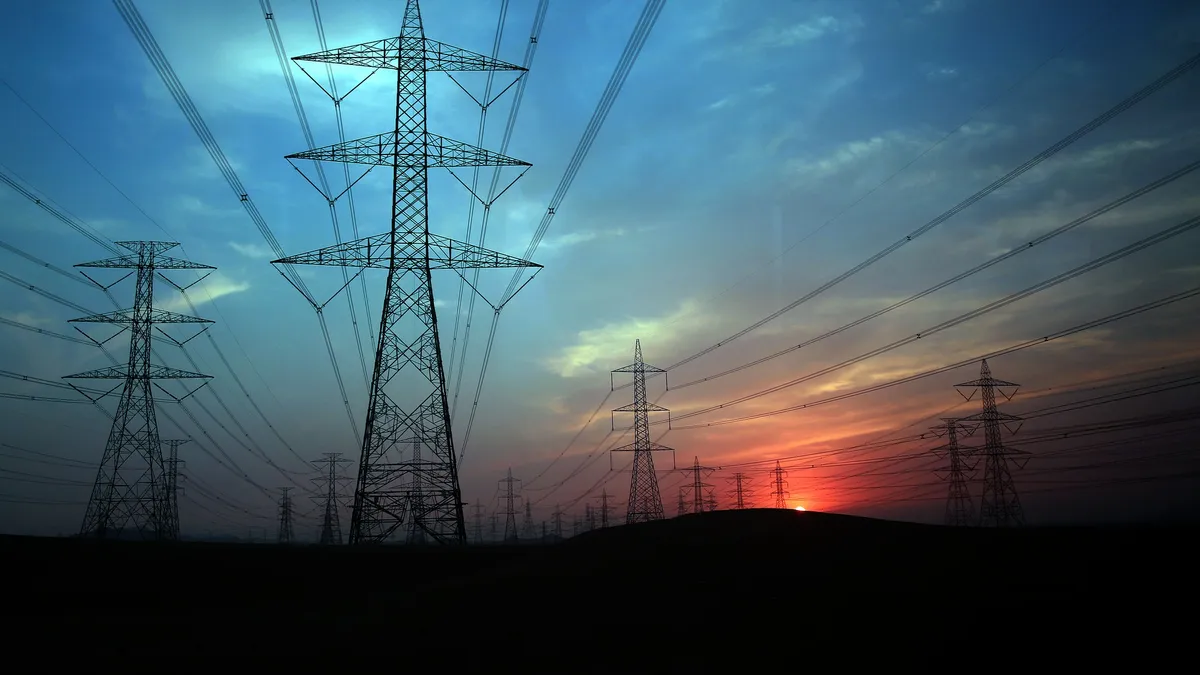Dive Brief:
- Delta-Montrose Electric Association (DMEA) and Tri-State Generation and Transmission Association said on Monday they have reached a "settlement in principle" that would address buyout costs as the electric cooperative looks to exit the G&T's service.
- DMEA wanted to exit its agreement with Tri-State to pursue cleaner and cheaper power options, but has a Wholesale Electric Service Contract through 2040 with the generation provider.
- The co-op last year filed a formal complaint asking the Colorado Public Utilities Commission (PUC) to reject a "dramatically high exit charge" proposed by Tri-State, and more recently asked a Colorado district court for a temporary restraining order to keep Tri-State from avoiding state rate regulation.
Dive Insight:
Details of the potential settlement are still under wraps, with the two utilities telling regulators they expect to make a new set of filings at the end of this week that would largely put the proceeding on hold.
"DMEA and Tri-State have agreed to suspend discovery and all pending depositions in this proceeding," they told regulators in the July 15 filing. Once the settlement is in writing, the utilities say they will also be in a position to jointly request to vacate an evidentiary hearing that had been coming up next month.
Kit Carson Electric Cooperative in New Mexico bought out of its contract with Tri-State three years ago after reaching an agreement to pay $37 million. DMEA sought a similar exit but when Tri-State presented the Colorado-based electric cooperative with a proposed cost, the generation provider "calculated a dramatically high exit charge and has declined to meaningfully vary from that calculation in the intervening years," DMEA said in its original complaint.
While the proposed buyout cost for DMEA was not revealed, the cooperative said its exit charge "is vastly disproportionate to Kit Carson’s $37 million charge, notwithstanding several key similarities."
Tri-State provides generation for 43-member electric cooperatives, and DMEA is not the only one seeking to exit. La Plata Electric Association also recently requested a buyout estimate.
The G&T operates in four states and does not face federal oversight because it is wholly owned by small cooperatives or public power districts. But that could change. Tri-State is considering taking steps to become regulated by the Federal Energy Regulatory Commission, which it says would eliminate inconsistent rate treatment across the states where it operates.
In Colorado, Tri-State is subject to PUC rulemaking based on recent state legislation. DMEA's temporary restraining order against Tri-State said the electric cooperative wanted to prevent any actions that would strip state regulators of "critical oversight."














